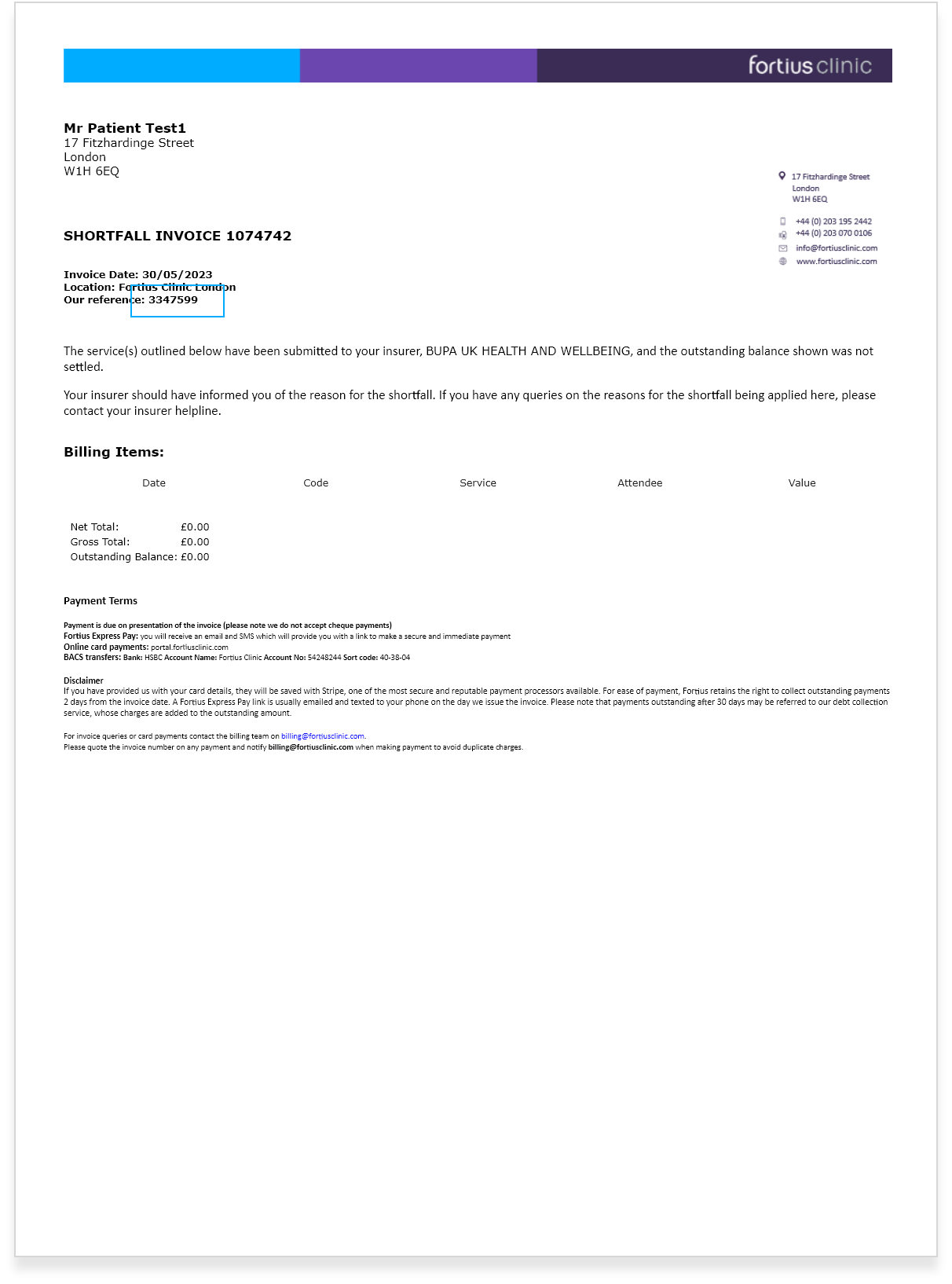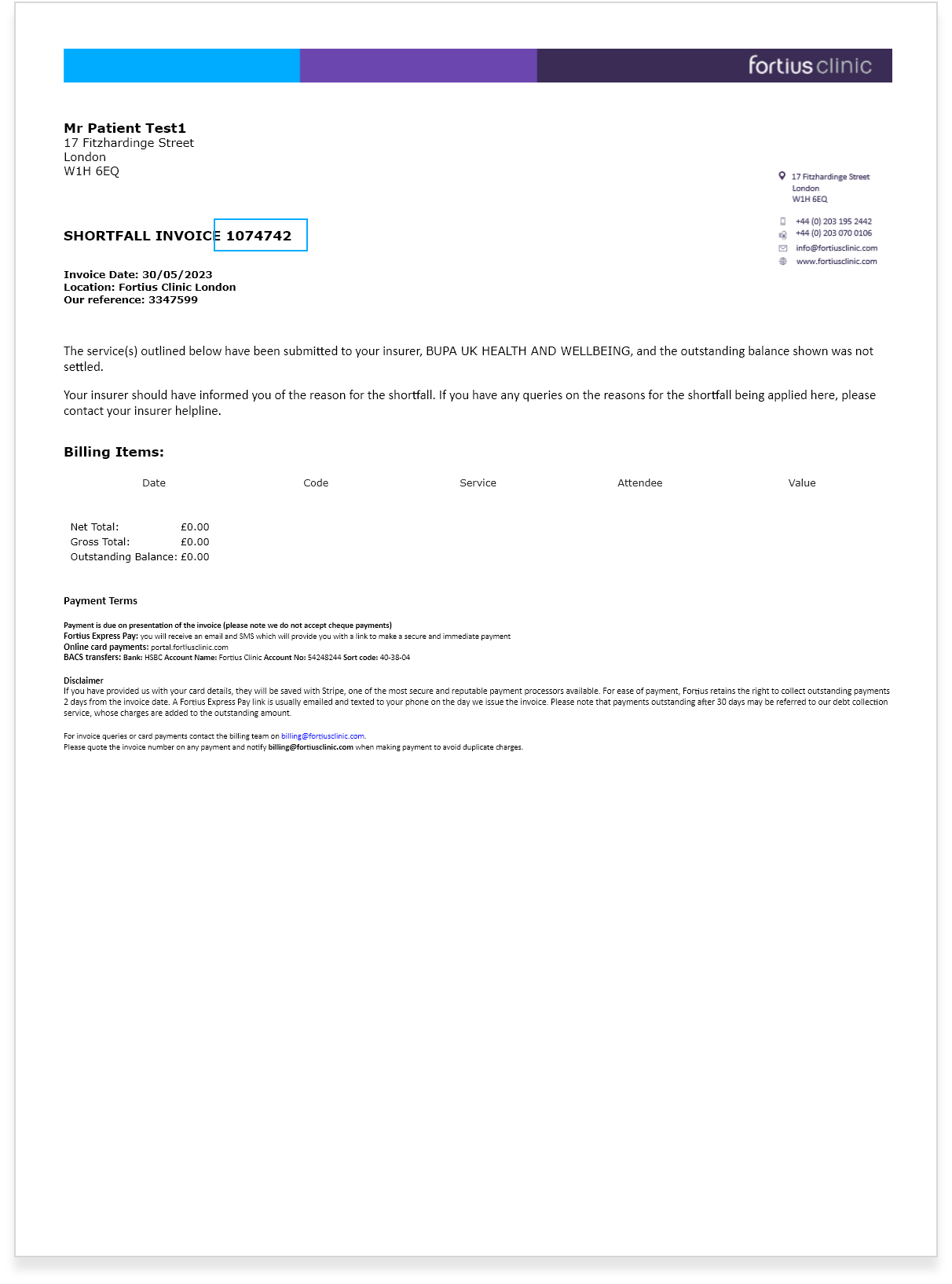The dos and dont's of running your first marathon
15 June 2018
Spring sees the start of marathon season, with iconic running events such as the Boston Marathon and our own London Marathon taking place in March. No matter how long you’ve been running or how far you can go in training, anyone who has ever run a marathon will tell you that nothing prepares you for the first time.
Running in an official marathon is a totally different beast: being surrounded by so many people (runners, organisers and even spectators) can throw you off your rhythm. As over 55% of the applications for the 2017 London Marathon were from people who had never run a marathon before, here’s some timely advice…
Don’t overdo it
One mistake that many first-timers make is overtraining in the run-up to their first marathon, particularly in the last three weeks. Experts advise you to step down your normal distance over that period, cutting down to 75% of your normal length with three weeks to go, 50% of your normal length with two weeks to go, and 25% the week before.
Even if you’re feeling great, doing more miles in those last few weeks and days could hinder rather than help. Have confidence in the training you’ve done.
Be prepared
The period immediately before a marathon is crucial: you need to spend that time being as physically and mentally prepared as possible and you should definitely not be buying new kit for the big day. This is particularly true of your running shoes; Anne Marie O’Connor Consultant Podiatrist at the Fortius Clinic, explains: “It is good to run in a fairly new pair of trainers which are only about three months old so they haven't lost too much of their shock absorption properties.”
The night before
A common mistake is the belief that you should ‘carb load’ the night before the big race. It takes at least 36 hours for that food to be converted into usable fuel, so a light, balanced meal is best and ensure you’re properly hydrated.
Try and get a good night’s sleep, but if you can’t, then don’t worry. Many runners – even experienced ones – find they are too keyed up to sleep the night before a big event and then go on to record their personal best race times.
Don’t look back in anger
After many months of training, you’ll be hoping to achieve a personal best, but don’t push yourself if you start feeling pain or discomfort. Anne Marie O’Connor advises runners at the Fortius Clinic that running slower during a race will mean less force will be exerted through the lower limbs and you’ll be able to contain the injury at a low level. Another tip she gives runners that experience pain in the knee while running, is to lean five degrees forwards or back. “This will mildly change the loading on that specific area and may give you some relief. If the pain is increasing, you may have to walk the remainder of the race to avoid injury.”
If your body is telling you it’s not feeling it today, remember there’s always tomorrow. And if you feel you’re developing an injury, seek professional help as soon as possible, so you can go on to race another day.
For any last minute injuries, call our urgent appointments line on +44 (0) 203 195 2442


